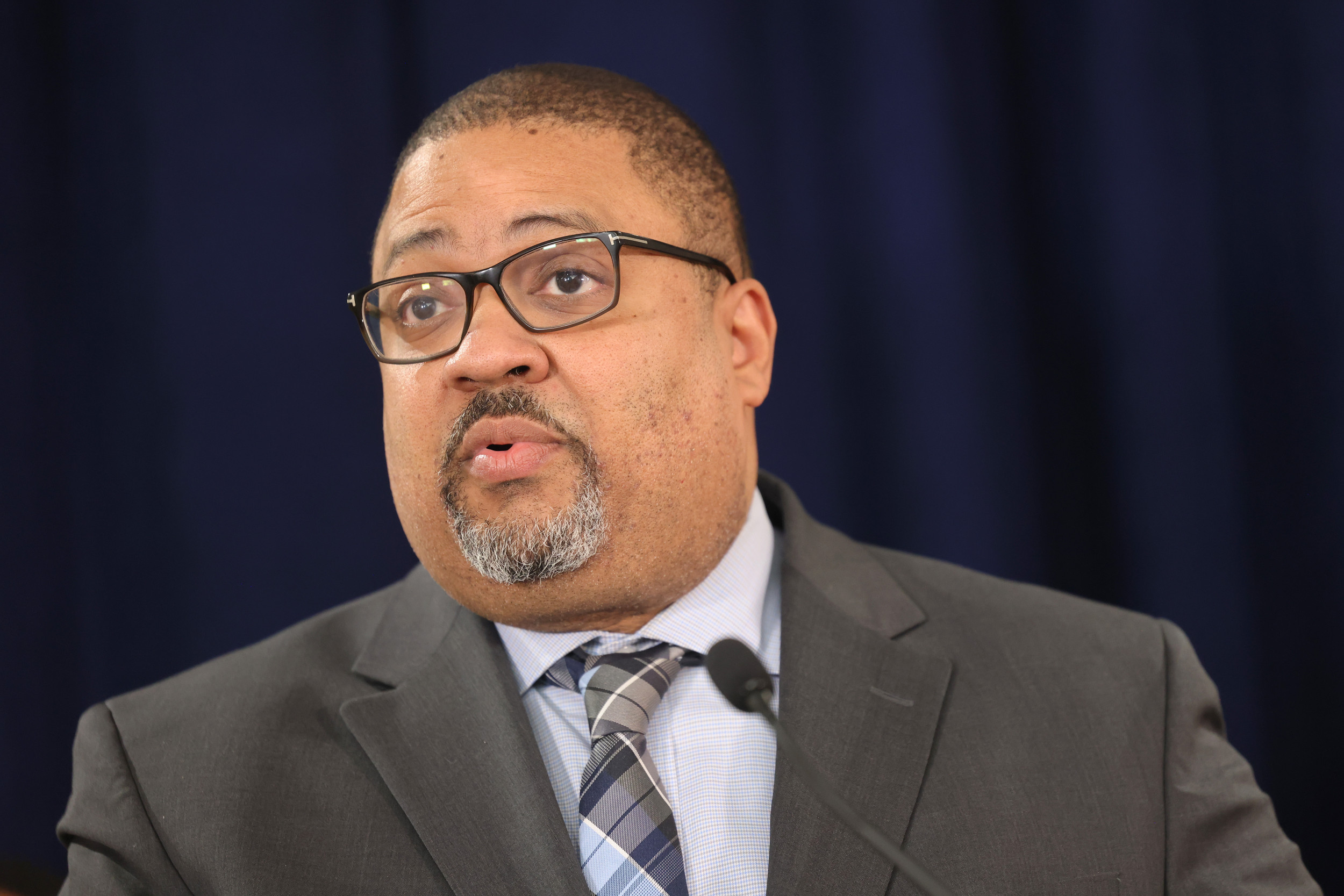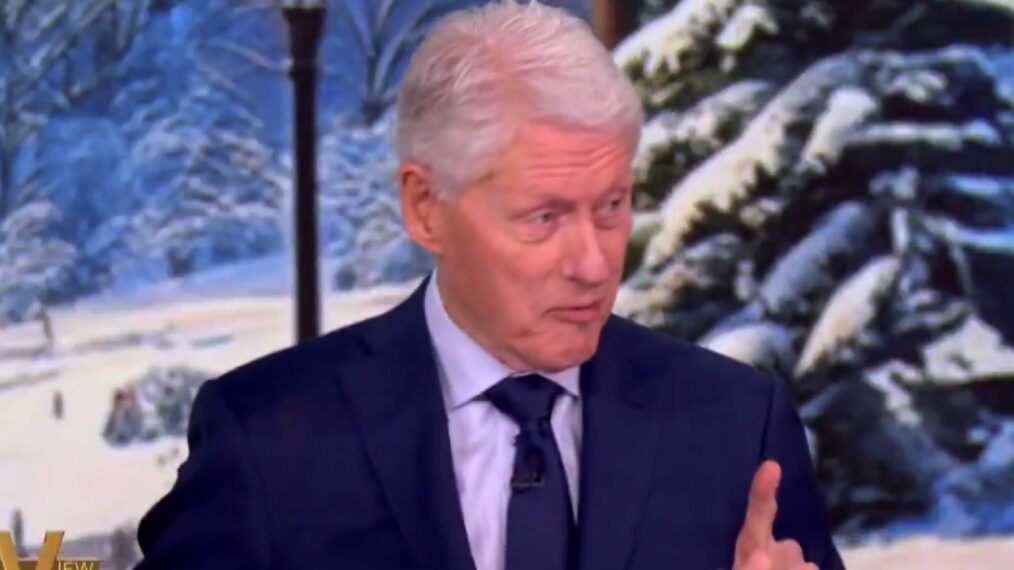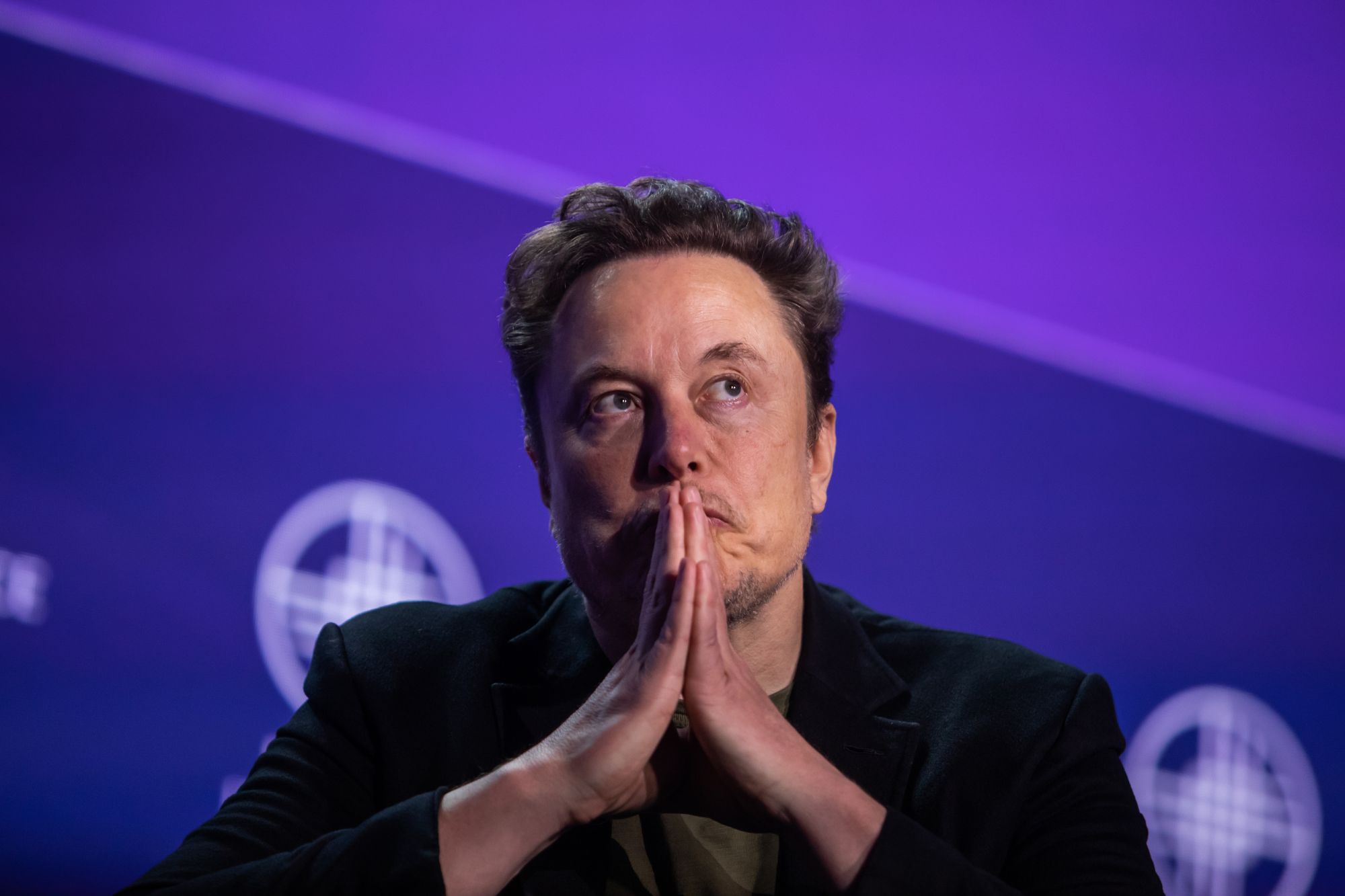Manhattan District Attorney Alvin Bragg has indicated that President-elect Donald Trump could still be sentenced for falsifying business records before his inauguration, according to a legal expert.
Joyce Vance, a former federal prosecutor, discussed the arguments brought forth by Bragg’s team against dismissing Trump’s hush money case on the grounds of presidential immunity and claims that sentencing Trump would disrupt the president-elect’s transition process.
Bragg’s office proposed several solutions to Judge Juan Merchan regarding Trump’s sentencing for 34 felony charges of falsifying business records. These include guaranteeing that Trump would not receive a custodial sentence or delaying sentencing until after Trump leaves office in 2029.
In her Civil Discourse blog, Vance, a former U.S. attorney for the Northern District of Alabama during the Obama administration, wrote on Wednesday that Bragg has not ruled out the possibility that Merchan could decide to sentence Trump before his inauguration on January 20.
“The district attorney flatly rejected Trump’s argument that the Supreme Court’s immunity ruling impacts their case and asked Judge Juan Merchan to proceed to sentencing,” Vance wrote. “Nothing, the DA writes, prevents Trump from being sentenced before the inauguration.”
Newsweek has reached out to Trump’s legal team and Bragg’s office for comment via email.
Michael M. Santiago/Getty Images
Vance highlighted a passage from Bragg’s 81-page legal brief, made public Tuesday, in which his team argued that no legal reasoning prevented Trump’s sentencing from taking place before his inauguration.
“Defendant contends that ‘no sentence can be timely imposed,'” New York prosecutors wrote. “No principle of immunity precludes further proceedings before defendant’s inauguration. And even if judgment has not been entered at the time of defendant’s inauguration, there is no legal barrier to deferring sentencing until after defendant’s term of office concludes.”
Vance said Bragg put forward a “persuasive and compelling” argument rejecting the claims that presidential immunity or interference with Trump’s future duties justify dismissing the hush money case entirely.
“There is no special rule for people who will become, but aren’t yet, the president,” Vance wrote. “Trump has no duties to perform, so he has no excuse to avoid sentencing in a case in which he has already been convicted.”
Trump was found guilty in May on 34 felony counts of falsifying business records. Prosecutors alleged that he instructed his former attorney, Michael Cohen, to pay adult film star Stormy Daniels $130,000 to keep an alleged affair with Trump a secret ahead of the 2016 election. Cohen’s reimbursement payments were recorded in Trump’s company records as legal fees.
Trump has denied the affair and pleaded not guilty to all charges.
Merchan postponed Trump’s sentencing indefinitely on November 22 to rule on whether the president-elect’s conviction should be dismissed due to claims of presidential immunity and potential interference with his official duties.
Bragg’s office urged Merchan to reject Trump’s motion to dismiss the case in light of the Republican’s 2024 election victory.
“There are no grounds for such relief now, prior to defendant’s inauguration, because president-elect immunity does not exist,” it wrote. “And even after the inauguration, defendant’s temporary immunity as the sitting president will still not justify the extreme remedy of discarding the jury’s unanimous guilty verdict and wiping out the already-completed phases of this criminal proceeding.”
Bragg said Merchan could avoid sentencing Trump to prison, arguing that such a move would prevent disruptions to the transition process.
Merchan is “not required to impose a sentence of incarceration at all,” the filing said, noting that Trump has no prior criminal history and was convicted only of Class E felonies.
Bragg’s office also said Merchan could issue an “unconditional discharge,” meaning Trump would be immediately released following sentencing with no further action required.
“The court could therefore conclude that presidential immunity, while not requiring dismissal, nonetheless would require a non-incarceratory sentence in these circumstances,” Bragg’s team wrote.
“Such a constitutional limitation on the range of available sentences would further diminish any impact on defendant’s presidential decision-making without going so far as to discard the indictment and jury verdict altogether.”
Trump’s attorneys previously cited President Joe Biden’s pardon of his son, Hunter Biden, as part of their argument to dismiss the hush money case.
“In issuing a 10-year pardon to Hunter Biden that covers any and all crimes, whether charged or uncharged, President Biden asserted that his son was ‘selectively, and unfairly, prosecuted,’ and ‘treated differently,'” attorneys Todd Blanche and Emil Bove wrote in a December 2 court filing.
“This case is based on a contrived, defective, and unprecedented legal theory relating to 2017 entries in documents that were maintained hundreds of miles away from the White House where President Trump was running the country,” the lawyers added. “This case should never have been brought.”
Merchan has not announced a timeline for a decision regarding Trump’s hush money case.














